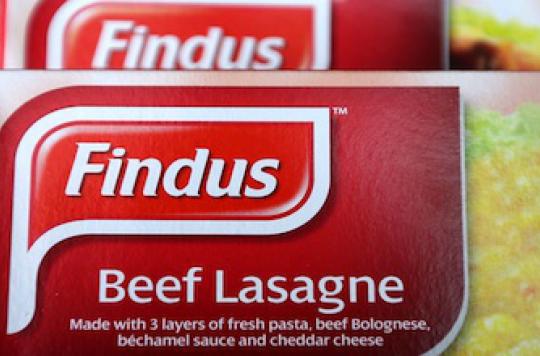If the public authorities speak of a fraud concerning the horse meat contained in lasagna, the veterinary inspectors do not rule out the health risk.

What if the horse meat lasagna affair passed from the register of international fraud to that of the health alert? Unlike the public authorities, the national union of Veterinary public health inspectors (Snispv) does not rule out this hypothesis. In a press release, the Snispv underlines “the health dimension” of this scandal.
There are many outbreaks of animal trichinellosis in Eastern European countries, recalls the union. If horse meat is not sufficiently cooked, consumers can be victims of parasitic infestation with sometimes serious consequences. “In the recent past, note the veterinary inspectors, the epidemics of trichinellosis often concerned horses coming from the countries of Eastern Euorpe and the United States. Nevertheless, recognizes the union, the risk is negligible for cooked products. frozen but not for burgers.
Another danger is that the use of drugs, such as phenylbutazone, used to relieve pain in horses, means that the animals are unfit for consumption. “In the context of a suspicion of trafficking, what guarantees can we have regarding compliance with this ban?” asks the union. According to some sources, Romanian draft horses end their lives in slaughterhouses after being treated with this product.
Finally, the Snispv points out the weakness of the checks carried out for products of animal origin from another Member State. This check is carried out by the first recipient establishment. For the period 2010-2011, only 131 interventions were carried out for the 3422 establishments. A decrease of 20% compared to the previous year!
.

















